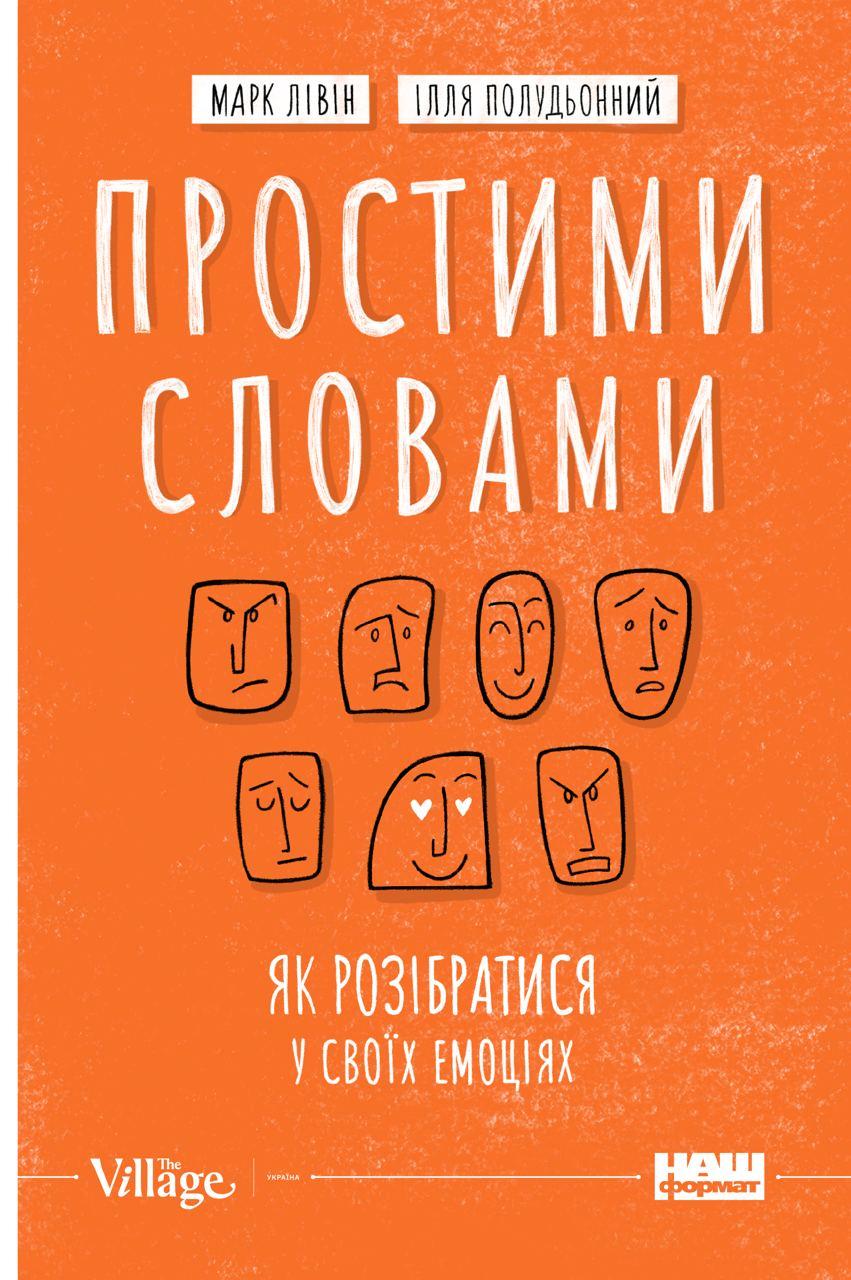Читати книгу - "Genghis Khan and the Making of the Modern World"
Шрифт:
Інтервал:
Добавити в закладку:
The oldest surviving record of Toregene’s power and prominence in the Mongol court appears in an order to print Taoist texts issued by her as Yeke Khatun, Great Empress, under her own name as well as the seal of Ogodei on April 10, 1240. The text shows clearly not only that she was operating the empire but that while the men fought, she pursued an entirely different line of activities, supporting religion and education and working to build buildings and important social structures on an imperial scale.
Having lost his favorite son and other close relatives in the only marginally successful China campaign, Ogodei generally lost interest in political life, but he nominated one of his grandsons to follow him. Toregene, however, wanted to push the candidacy of her quarrelsome and arrogant son Guyuk, who had been so strongly chastised and apparently disliked by his father. Soon after Ogodei’s death, Toregene summoned a khuriltai to elect Guyuk instead of the grandson nominated by Ogodei, but she could not get a quorum of the Golden Family, which meant that not enough people favored his election. Toregene continued as regent and began five years of meticulous political work to build the support she needed for Guyuk’s election. To pursue her goal, she dismissed her late husband’s ministers and replaced them with her own, the most important of whom was another woman, Fatima, a Tajik or Persian captive from the Khwarizm campaign who had been brought to work in Karakorum. The chronicler Ata-Malik Juvaini, who disliked her, and seemingly all women involved in politics, wrote that Fatima enjoyed constant access to Toregene’s tent, and she “became the sharer of intimate confidences and the depository of hidden secrets.” Fatima played a political role while the older “ministers were debarred from executing business, and she was free to issue commands and prohibitions.”
By 1246, Toregene had tightened her control of the empire and felt confident that she could orchestrate her son’s election. The deliberations and election of Guyuk transpired in private, limited to members of the Golden Family and important functionaries, but Toregene organized his installation as a major affair for foreign dignitaries as well as the Mongol people. Throughout the summer until the ceremony in August, foreign delegates arrived from the distant corners of the empire. Emirs, governors, and grandees jostled along the same roads beside princes and kings. The Seljuk sultan came from Turkey; representatives of the caliph of Baghdad also arrived, as well as two claimants to the throne of Georgia: David, the legitimate son of the late king, and David, the illegitimate son of the same king. The highest-ranking European delegate was Alexander Nevsky’s father, Grand Prince Yaroslav II Vsevolodovich of Vladimir and Suzdal, who died suspiciously just after dining with Toregene Khatun.
By happenstance, on July 22, 1246, in the midst of the massive gathering, the first envoy arrived at the Mongol court from western Europe. Friar Giovanni of Plano Carpini, a sixty-five-year-old cleric, who had been one of the disciples of Saint Francis of Assisi, arrived as the agent and spy for Pope Innocent IV, commissioned to find out as much as possible about these strange people who had threatened Europe. After leaving Lyons, France, at Easter of 1245, Carpini required nearly a year to cross Europe to the Mongol lines at Batu’s camp in Russia. Once in the Mongol transport system, however, Carpini covered approximately three thousand miles in a mere 106 days—an average of more than twenty-five miles on horseback each day for nearly three and a half months.
Because of the success of their military campaigns in Europe, the Mongols eagerly received Carpini in the mistaken belief that he was bringing the submission of the pope and all the people of western Europe, but his letter carried quite a different message. Pope Innocent IV offered the khan a pedantic synopsis of the life of Jesus and the main tenets of Christianity, all of which was probably well known to the khan through his Christian mother and his frequent attendance of religious services with her. Guyuk was likely a Christian himself; if not, he was certainly well disposed toward Christianity and relied heavily on Christian Mongols in his administration. The pope’s letter chastised the Mongols for invading Europe, ordering the khan to “desist entirely from assaults of this kind and especially from the persecution of Christians.” He demanded an explanation from the khan “to make fully known to us . . . what moved you to destroy other nations and what your intentions are for the future.” The letter informed the khan that God had delegated all earthly power to the pope in Rome, who was the only person authorized by God to speak for Him.
After the Mongol officials found out that Carpini brought no tribute and offered no submission, they mostly ignored him, but in a letter of November 1246 that still survives, Guyuk asked Innocent IV the obvious questions: How do you know whom God absolves and to whom He shows mercy? How do you know that God sanctions the words you speak? Guyuk pointed out that God had given the Mongols, not the pope, control of the world from the rising sun to the setting sun. God intended for the Mongols to spread his commandments and his laws through Genghis Khan’s Great Law. He then advised the pope to come to Karakorum with all of his princes in order to pay homage to the Mongol khan.
The first direct diplomatic contact between Europe and the
Увага!
Сайт зберігає кукі вашого браузера. Ви зможете в будь-який момент зробити закладку та продовжити читання книги «Genghis Khan and the Making of the Modern World», після закриття браузера.

